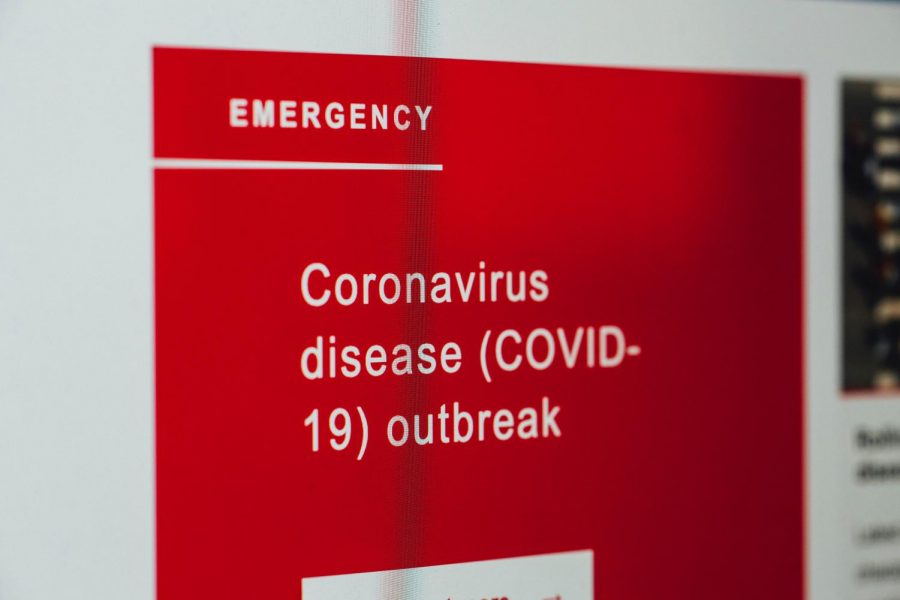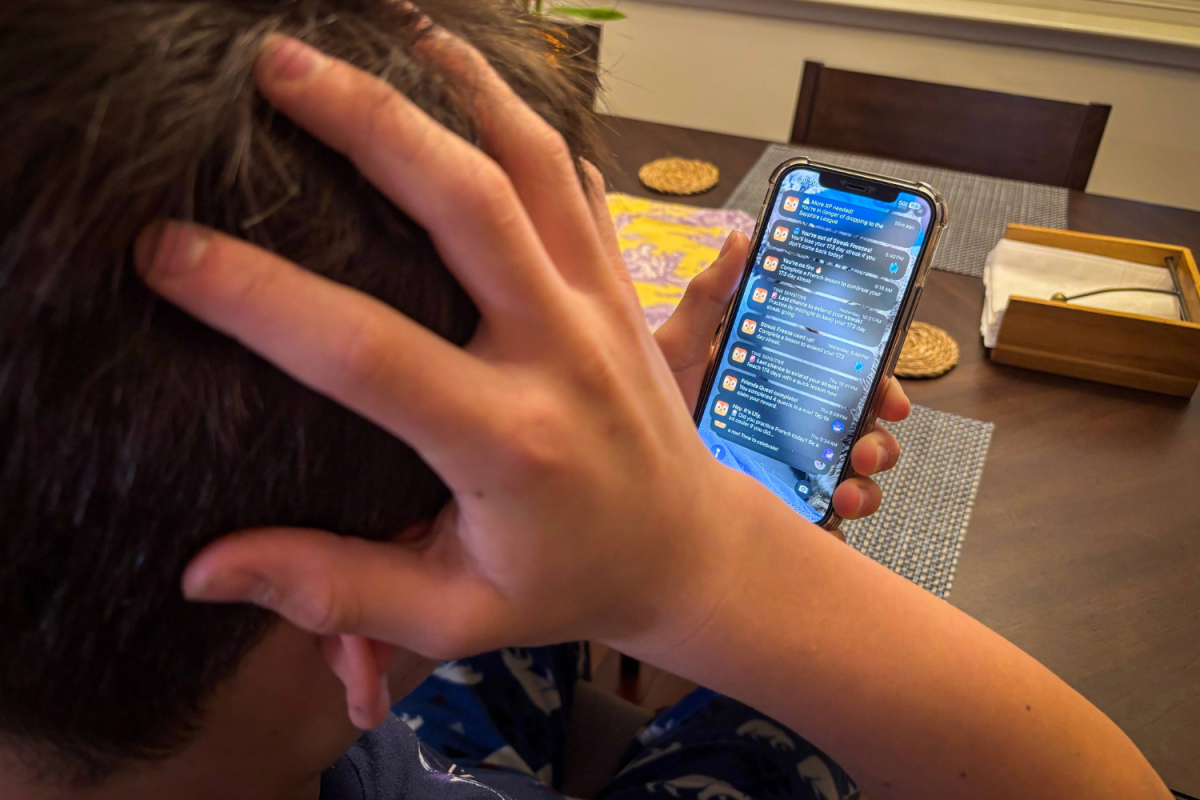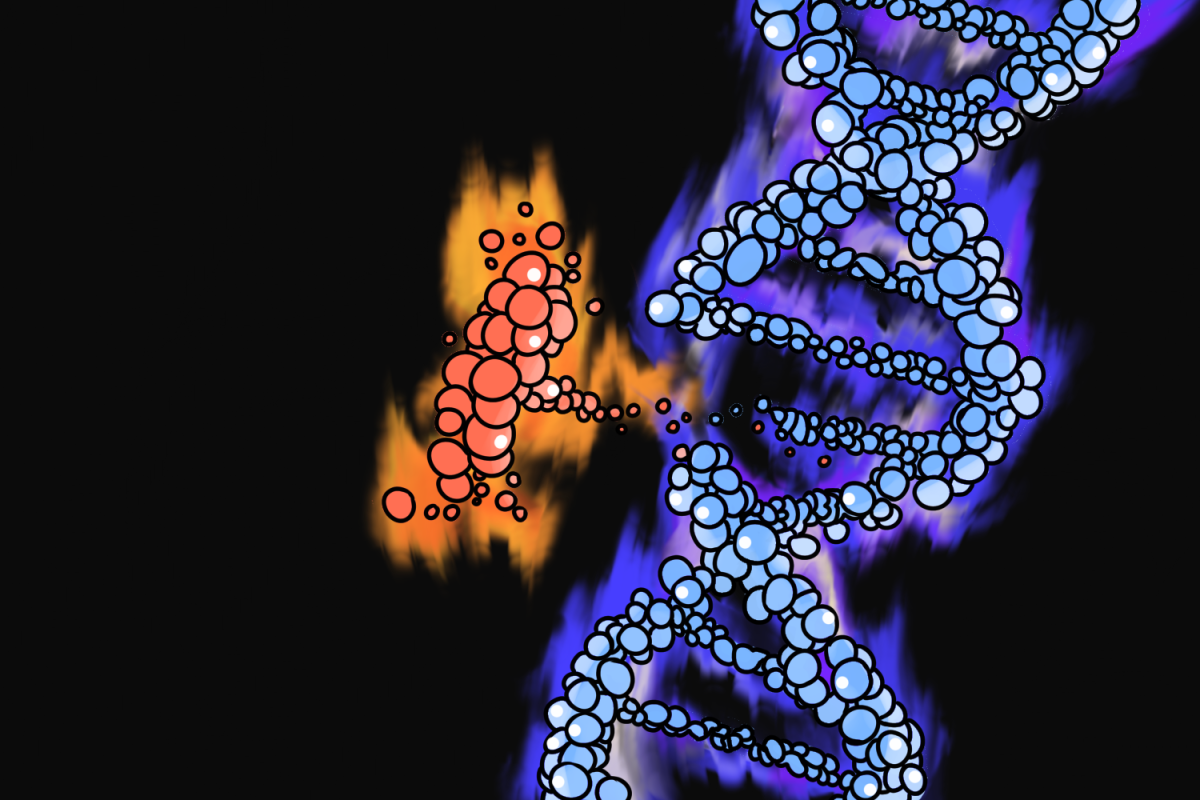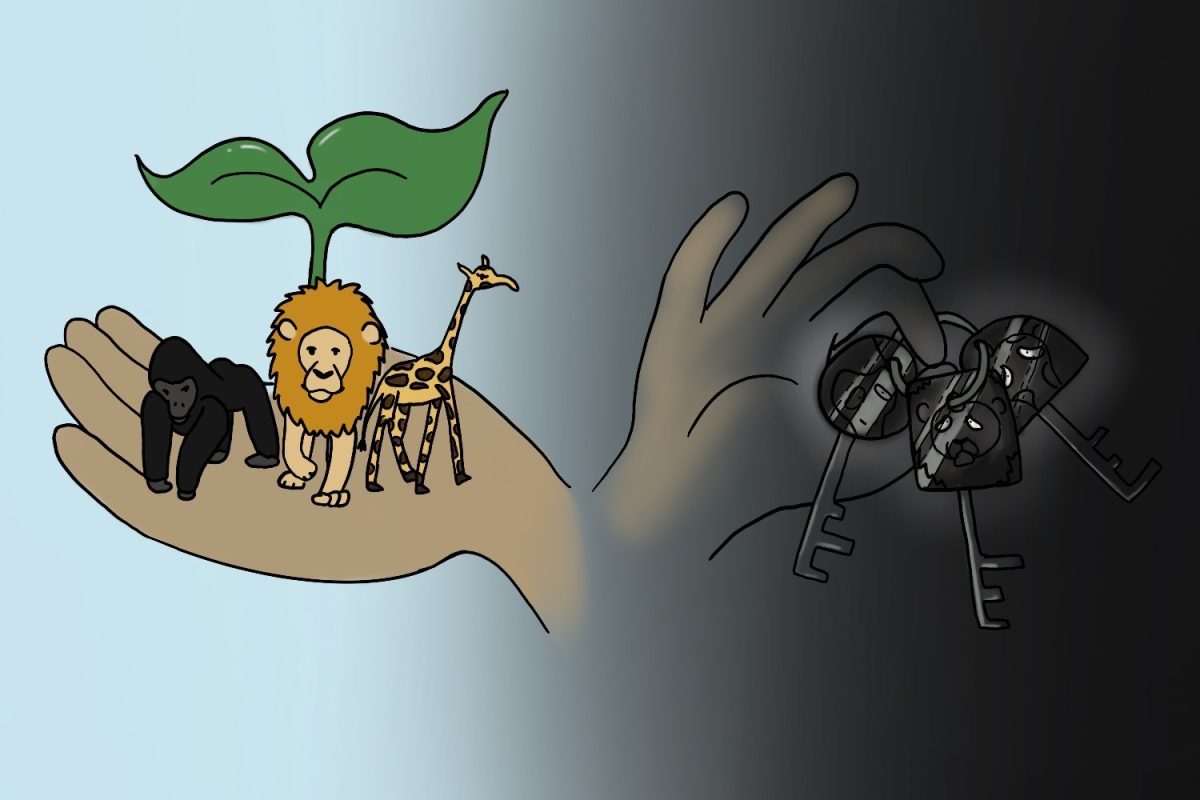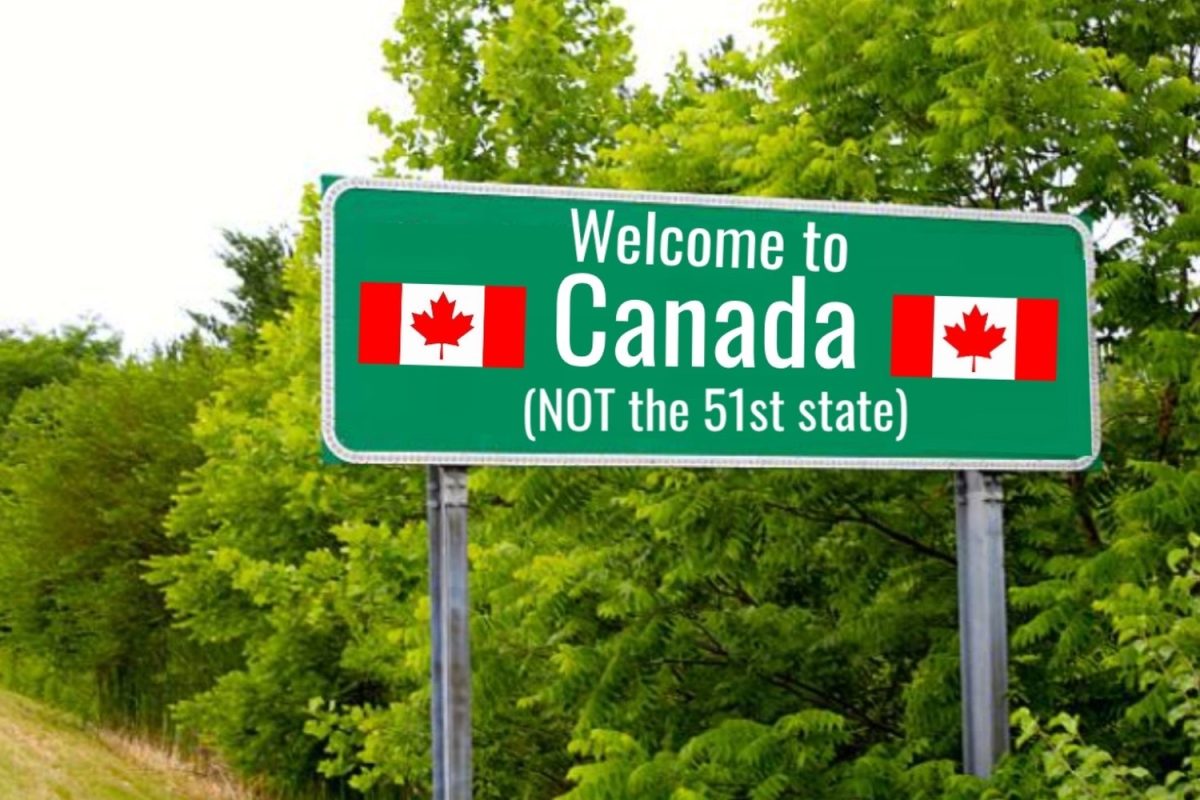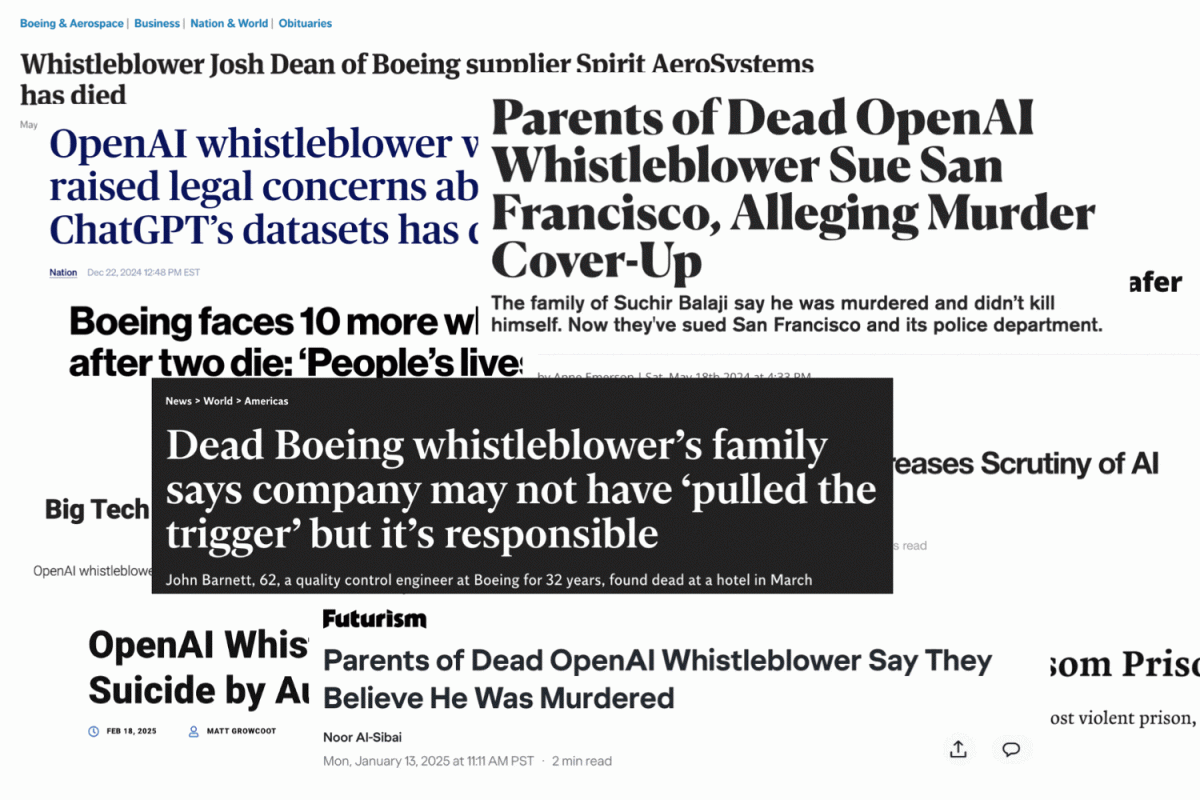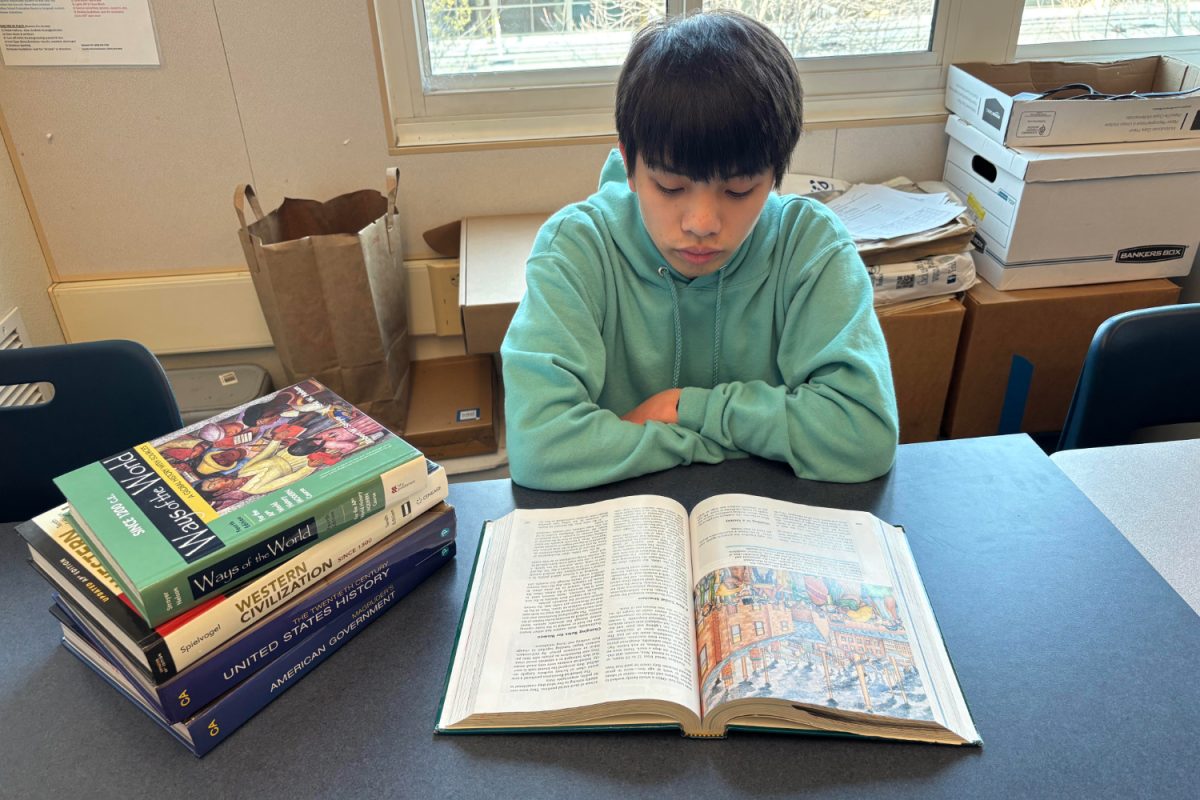In a short period, COVID-19 has shifted from an epidemic to a pandemic. With the spread of this virus, many are experiencing federal and local government restrictions on activities due to health precautions and in the hopes of slowing down the spread of the virus.
The past few weeks have made way for a shopping craze as many Americans are “stocking up” on food and other daily essentials. According to the LA Times, Costco’s annual sales have risen 13% in comparison to last year. Many grocery stores now have designated hours for people who are most vulnerable to the virus. For example, Safeway has a slot from 6 a.m. to 9 a.m.
“People who are most at risk for COVID-19 include elderly people, anyone over the age of 60, people with a chronic disease, especially cardio diseases, diabetes, or people with lung disease,” said Alla Shkolnikova, a Registered Nurse at San Francisco Health Care and Rehabilitation Inc.
When looking at who is feeling the worst effects of any global crises, there is almost always a pattern; this pattern shows the racial and economic injustices still at play in the United States and around the world.
Minorities are disproportionately affected by COVID-19, similarly to how they are disproportionately affected by other major problems such as climate change, economic recessions, and so on. For example, flu-related hospitalizations in low-income neighborhoods are double those in higher-income neighborhoods, according to aamc.org.
“The virus doesn’t discriminate on race or economic status; however, the homeless and minimum wage workers whose workplaces have been closed, they are the most affected economically. Consequently, low-income families sometimes may not have proper access to healthcare, placing them at higher risk to continue to perpetuate or getting re-infected with the virus,” said Yirska Sardinas-Pompas, a Hospice RN at Kaiser Permanente
Many organizations around the country are stepping up for those in need. For example, the San Francisco Department of Children, Youth & Their Families (DCYF), provides child healthcare services as well as updates on free meal availability. The Employment Development Department (EDD) is helping those who are currently unemployed as well. Also, numerous organizations are working on delivering food to immunocompromised people; these include Feeding America, No Kid Hungry, and Meals on Wheels.
Some believe that the dilemma of helping those most vulnerable at this time is too big of a problem, but Kit Ho, a nurse at Sutter Health, disagrees.
“Stay home. Stop the spread. Flatten the curve. If you know someone who is immunocompromised or who is an elder, offer to help with grocery shopping, so they don’t have to leave their homes,” Ho said.

